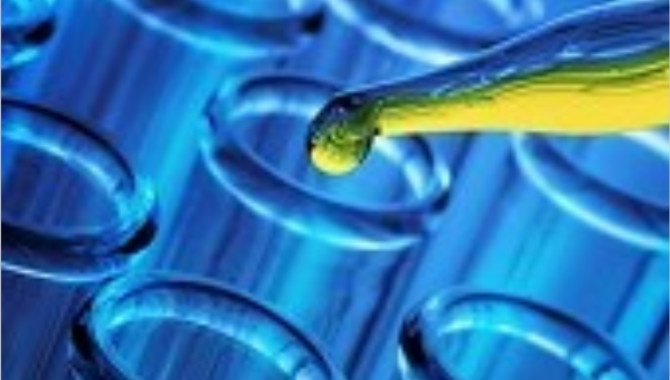
If you choose the hottest topic in shipping industry, it must be the IMO Sulphur Cap2020. To make a transition to compliant fuel (including LSFO, alternative Fuel,e.g.LNG) or install Exhaust Gas Cleaning System(EGCS) causes plenty of confusion and trouble to ship owners and operators. But no matter which way to choose, the upmost work is safe operation and adequate preparation.
Our Xinde Marine News had an interview with Douglas Raitt, the Regional Consultancy Manager of LR at 10, April during Sea Asia.

When talking about compliance, from contractual (charterer) bunker clauses, fuel procurement, ship onboard storage and handling, through to treatment and combustion, Douglas said: “ In general a lot of planning, preparing and practice is required by the industry to transition into 2020 due to the fact that compliant 0.50% m/m Sulphur fuels can range from as low as 2 cSt fuels to 380 cSt fuels. Now more than ever it is vital that all stakeholders start working in an integrated manner with one and other from procurement of fuels by ship operators/charterers, to fuel deliveries by suppliers, to ships’ fuel systems readiness to handle 2020 fuels, to crew competence managing fuels on-board. The increased variability of fuel quality delivered demands a much further enhanced collective approach by all stakeholders dealing with ships’ bunkers than perhaps what was less prevalent in the past.
Charter Party clauses are to be amended to take into account the increased variability in fuels post 2020 and tailored to the use requirements of the ships fuel system and machinery. For ships’ time charter parties spanning up to 2020 or redelivery very close to 1 January 2020 a one-off transition clause should be agreed between owners and charterers. This clause deals with the one-off event of change-over from 3.50% m/m sulphur content fuel to 0.50% m/m sulphur content fuel. Fuel change-over, including tank cleaning etc is a process that will need to be started before 1 January 2020 and owners and charterers need to cooperate to ensure a smooth transition. The clause is designed to provide a fair share of responsibilities (and liabilities) between the owners and charterers in managing remaining stocks of fuel that will become non-compliant from 1 January 2020.”
When asked about “information about LR’s FOBAS: how it works and what you’ve seen recently”, Douglas said: “Lloyd’s Register’s Fuel Oil Bunker Advisory Services (FOBAS) operates 4 laboratories across all time zones including a laboratory in Shanghai for quick turnaround of fuel advisory reports to our customers. Our aim is to ensure advisory reports on fuel quality and on-board handling are on average turned around within 48 hours after bunkering.
Over the past 6 months we have seen samples of 0.50% m/m Sulphur fuels steadily increase across the major world bunkering ports, although it is still a small percentage of overall fuel samples we test. We expect the percentage of 2020 compliant fuel to increase substantially from October 2019 onwards as the industry transitions into 2020. The compliant fuels we tested to date seem of reasonable quality and good ignition properties but care should be taken to manage cold flow properties such as pour point and cold filter plugging point. Compatibility of the 2020 fuels also is an area that should be managed and generally we would recommend segregation of different 2020 fuels lifted from different bunkering locations. In this regard ship operators should ensure on-board fuel system flexibility including adequate bunker tanks to ensure fuels are not mixed onboard.”
At last, Douglas expressed his opinions on contaminated bunkering issues, he said: “Since the US Gulf contamination cases in 2018 – the emphasize and awareness of contaminated bunkers has increased amongst owner/charterers. It was the largest contaminated bunkers scandal in history with over 300 ships affected due to fuels contaminated with phenolic compounds and high concentration of fatty acids, leading to excessive sludging of purifiers and filters and in worst case sticking fuel pumps, leading to fuel starvation into engines. The fuels in question were allegedly contaminated with shale oil production materials not normally found in bunker fuels. Blending of marine fuels is generally the norm, it is anticipated however that lower Sulphur compliant fuel will be more blended and hence the risk of contaminated bunkers might increase. It remains to be seen if that will be the case and as we head into 2020 most likely a clearer picture will emerge of 2020 blends and the risk of more contaminated bunkers.”
For more information, you may click the link herebelow
https://www.lr.org
The opinions expressed herein are the author's and not necessarily those of The Xinde Marine News.
Please Contact Us at:
admin@xindemarine.com



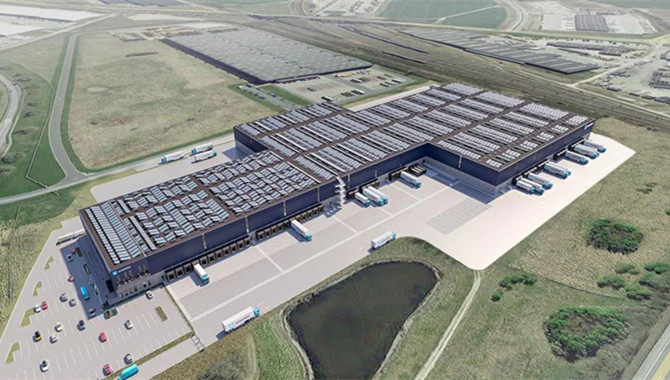 Low emission warehousing: operational efficiency wi
Low emission warehousing: operational efficiency wi 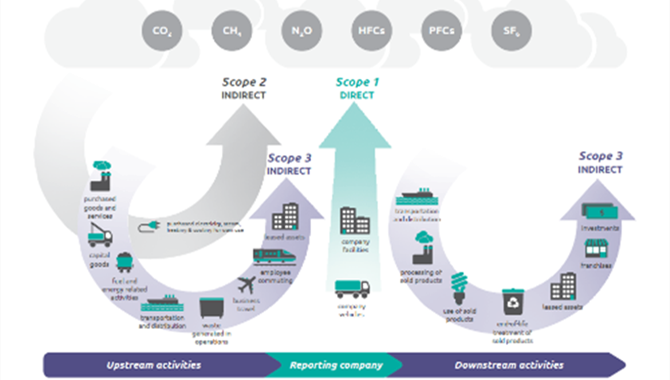 COSCO SHIPPING Logistics Takes Actions to Support S
COSCO SHIPPING Logistics Takes Actions to Support S 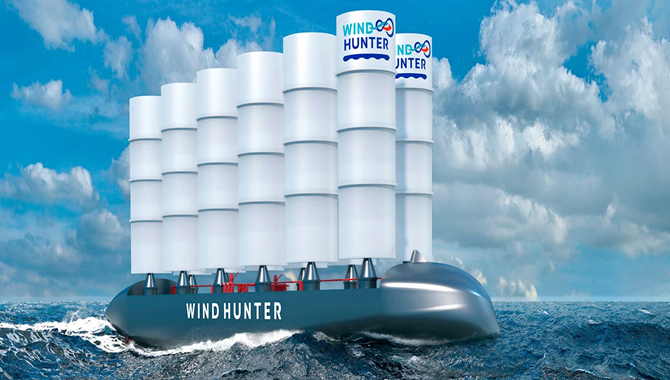 Wind Hunter: MOL to start building wind-sail-fitted
Wind Hunter: MOL to start building wind-sail-fitted 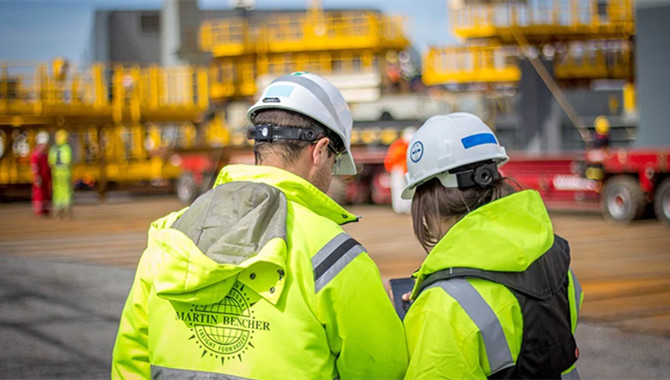 Maersk completes acquisition of project logistics s
Maersk completes acquisition of project logistics s  Bohai Shipping(Hebei)CO,.Ltd. eatablished
Bohai Shipping(Hebei)CO,.Ltd. eatablished  Shanghai Municipal People's Government partner with
Shanghai Municipal People's Government partner with